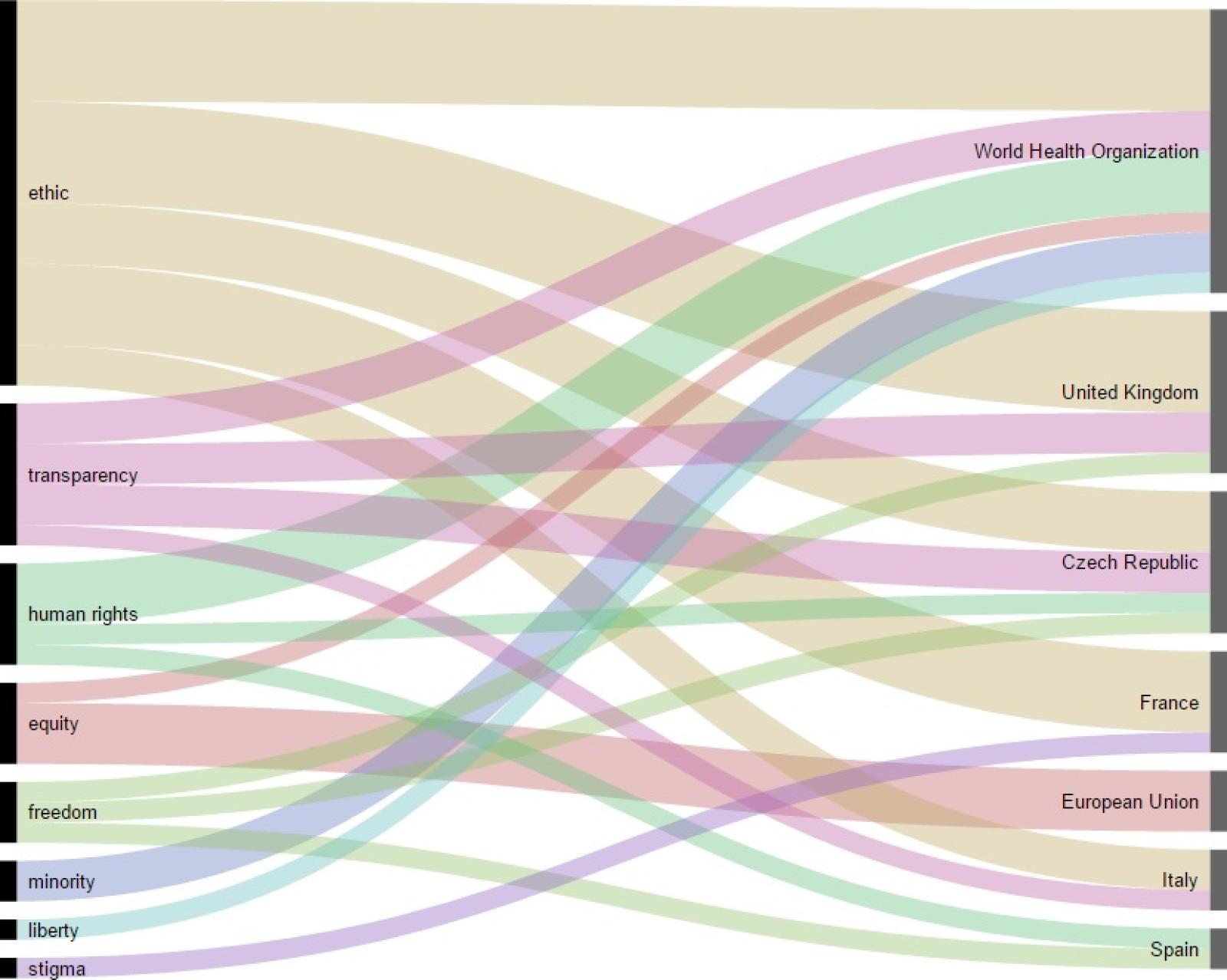
Article published on the ASSET website
Influenza pandemics are unpredictable but recurring events that can have severe consequences on human health and socio-economic life to global level. For this reason, the World Health Organization (WHO) has recommended all countries to prepare a pandemic influenza plan following its own guidelines. The WHO guidance, revised in 2009, stresses the importance of ethical principles such as equity, liberty, solidarity and states that any measure limiting the individual rights and the civil liberties (such as isolation and quarantine) must be necessary, reasonable, proportional, equitable, not discriminatory, and not in violation of the national and international laws. For such purposes, WHO has developed a framework of detailed ethical considerations in order to ensure that overall concerns (such as protecting human rights and the special needs of vulnerable and minority groups) are addressed in pandemic influenza planning and response.
Experts from the ASSET project conducted a study on this issue, performing a semantic analysis of national pandemic plans developed by ten European Union/European Economic Area (EU/EEA) countries and by Switzerland, member of European Free Trade Association (EFTA), including EU and WHO documents.
The analysis has been based on two keyword lists: in a first, generic, list, keywords represent areas of possible ethical interest; in a second, more specific, list, keywords are more precisely related to ethical issues actually addressed in each national pandemic plan. Aim of the research was to assess and compare the occurrence rates of each keyword within both lists, in order to evaluate the relevance of ethical issues and the application of ethical principles in the development of national preparedness and response plans. The semantic analysis showed little concern for ethical aspects and a lack of discussion on ethical issues in most pandemic plans developed from European countries, except for Switzerland, United Kingdom, Czech Republic and France. This is even more relevant since the analysis revealed multiple areas of possible ethical interest within the different plans.
Despite this work has some limits it may represent a useful tool to guide future drafters of pandemic plans. It aims at encouraging debate on the necessity to update all national pandemic plans including ethical and other SiS issues, such as gender and participatory governance, which have proved to be of great relevance in case of epidemics and pandemics.


